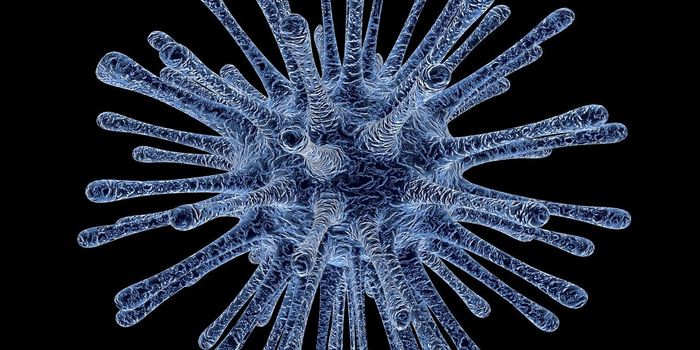Malaria Researchers Make a Surprising Antibody Find
Researchers looking into the immunology of malaria infections have made an unexpected find that could ultimately lead to better vaccines and treatments for the disease. The study, published in NPJ Vaccines, described how University of Maryland researchers analyzed antibody responses in a cohort of malaria patients, including 54 adults and 47 children.
The team expected to find IgM and IgG classes of antibodies in the blood samples collected. Surprisingly, however, they measured high levels of IgA antibodies in all the adults and about a quarter of the younger study participants.
Immunoglobulin A, or IgA, is among the body’s frontline defenses against infection and is found in the bloodstream, tears, sweat, saliva, and breastmilk. The antibody coats mucosal surfaces such as the eyes, skin, and mouth to block potentially pathogenic microbes from gaining entry into the body. Until now, however, this type of antibody has not been known to play a significant role in the pathogenesis of malaria.
“We do not know what triggers the IgA antibodies to develop, but we think it happens early in a malaria infection,” said Andrea Berry, lead investigator on the study. Berry added that insights into the role of the antibody in the progression of malaria could help drug developers devise novel vaccine strategies.
Malaria is a serious, potentially life-threatening parasitic infection that is transmitted by mosquitos. High fevers, chills, and flu-like symptoms ensue once an individual becomes infected. Every year, over 400,000 of the 290 million malaria patients lose their lives due to the infection. An effective vaccine could help dramatically reduce these statistics, especially given that many malarial parasites have been reported to have developed resistance to the drugs commonly used to treat the infection.
As the next steps, Berry and the team plan to take a closer look at how IgA is involved in the body’s battle against the nefarious parasite. In particular, they are interested in investigating whether IgA could help shield the parasites from invading the liver and red blood cells.









